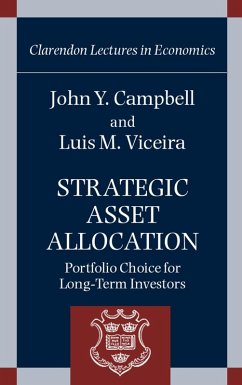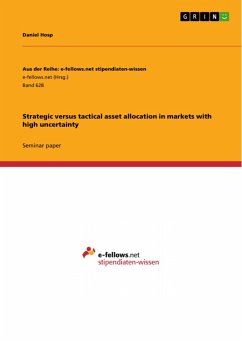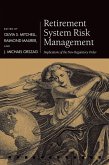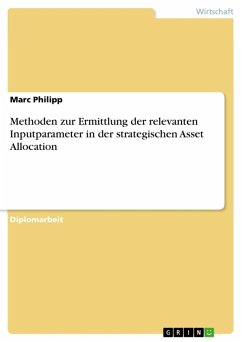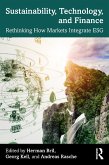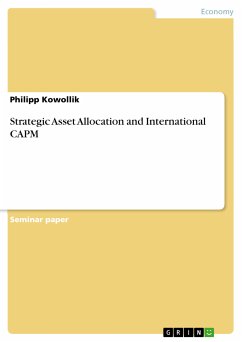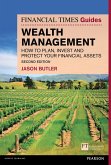Academic finance has had a remarkable impact on many financial services. Yet long-term investors have received curiously little guidance from academic financial economists. Mean-variance analysis, developed almost fifty years ago, has provided a basic paradigm for portfolio choice. This approach usefully emphasizes the ability of diversification to reduce risk, but it ignores several critically important factors. Most notably, the analysis is static; it assumes that investors care only about risks to wealth one period ahead. However, many investors---both individuals and institutions such as charitable foundations or universities---seek to finance a stream of consumption over a long lifetime. In addition, mean-variance analysis treats financial wealth in isolation from income. Long-term investors typically receive a stream of income and use it, along with financial wealth, to support their consumption. At the theoretical level, it is well understood that the solution to a long-term portfolio choice problem can be very different from the solution to a short-term problem. Long-term investors care about intertemporal shocks to investment opportunities and labor income as well as shocks to wealth itself, and they may use financial assets to hedge their intertemporal risks. This should be important in practice because there is a great deal of empirical evidence that investment opportunities---both interest rates and risk premia on bonds and stocks---vary through time. Yet this insight has had little influence on investment practice because it is hard to solve for optimal portfolios in intertemporal models. This book seeks to develop the intertemporal approach into an empirical paradigm that can compete with the standard mean-variance analysis. The book shows that long-term inflation-indexed bonds are the riskless asset for long-term investors, it explains the conditions under which stocks are safer assets for long-term than for short-term investors, and it shows how labor income influences portfolio choice. These results shed new light on the rules of thumb used by financial planners. The book explains recent advances in both analytical and numerical methods, and shows how they can be used to understand the portfolio choice problems of long-term investors.
Dieser Download kann aus rechtlichen Gründen nur mit Rechnungsadresse in A, B, BG, CY, CZ, D, DK, EW, E, FIN, F, GR, HR, H, IRL, I, LT, L, LR, M, NL, PL, P, R, S, SLO, SK ausgeliefert werden.

